Founder
6068
1
0
Balancing Courtrooms and Corporate Governance: A Lawyer’s Journey to Building a Multi-Faceted Legal Career. – Akshay Goel, Founder of A. G. & Associates.
This interview was taken by SuperLawyer Team
Posted on April 08, 2025
This interview has been published by Anshi Mudgal and The SuperLawyer Team
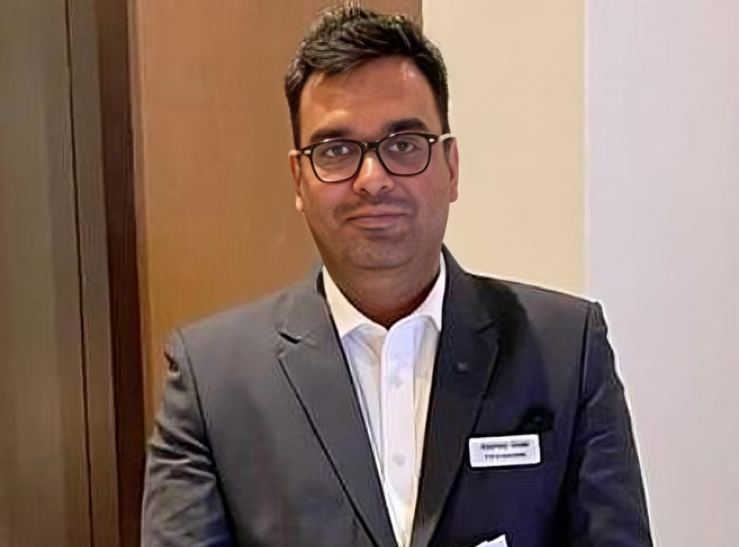
We would love to learn more about the mentoring work that you do with the NGO called Youth Against Injustice Foundation and how you ended up co-authoring a book at such a young age. With your 13 years of experience, we would love to know more about how you ended up pursuing law and what motivated you to make that choice.
Thank you for this opportunity. To begin with, I am a first-generation lawyer. There are no lawyers in my family; everyone in my family is an engineer, so in a way, I’m the rebel because they wanted me to pursue engineering, but I chose law instead. Due to peer pressure, I was made to choose PCM (Physics, Chemistry, and Math) in my 11th and 12th. However, after my 12th, I decided not to pursue engineering.
The reason behind this was that I lost my father at a very young age, and during that time, I realized how complicated things could get. For instance, even obtaining a death certificate and managing the transfer of the bank accounts was full of issues. At the post office, they updated my mother’s name with a different spelling, so we had to run to court to get an affidavit declaring that both names referred to the same person.
That experience became a trigger point for me. I realized that this profession needed me, and I should do something to help others who face similar issues. That’s when I decided to pursue law. I joined the LLB course at Pune Law College, Bharatiya Vidyapeeth University, and after completing my LLB, I was fortunate enough to start my career with a lawyer in Defence Colony, who gave me a lot of freedom. I was allowed to argue cases from day one, and that support really helped me gain confidence.
Within five or six months, I was handling my own independent case before the Delhi High Court. It was a writ petition, a service matter, and I had promised myself that I would never take on service matters. But ironically, my first independent case was in service law. I won the case, which gave me a major boost in my career. I started getting more independent cases, and in 2012, I joined the LLM evening course at ILI. I was juggling my time between court, the office, and college, but it gave me confidence that I could do a lot with the limited resources I had.
After completing my LLM, I became an independent lawyer and started working with companies on a retainership basis. I then thought about starting my own law firm that could help young lawyers and mentor them, so they could have the kind of opportunities I didn’t get when I started. I’ve been mentoring interns and associates, making sure that they learn from the work they’re given and aren’t just there for a certificate. I try to teach them the practical nuances of law because most of the interns come for short periods, so it’s important to make the most of that time.
That’s an inspiring journey. We also want to understand your decision to pursue an LLM. It’s often said that once you’ve completed law and are doing litigation, there’s no need to pursue further studies. How did that decision enhance your presence in the legal fraternity?
From the beginning, I’ve had an inclination towards teaching. I used to help teach my junior batchmates during my LLB days. So, I decided to pursue an LLM, and I wanted to study at the best institute. I didn’t want to give up on my litigation practice either because that’s where my passion lies—appearing in courts. There were only two institutes in Delhi offering evening LLM courses—ILI and DU. I chose ILI because it’s one of the best in India, and the fact that it’s backed by the Supreme Court of India was an additional attraction.
I got selected after giving an entrance exam, and that gave me the chance to meet people from various backgrounds, including batchmates who were IPS officers, IAS, and IRS officers. It was fascinating to see how they were at the top of their careers but still pursued further education. The guest lectures from renowned personalities, including Supreme Court judges, were another highlight.
What I also learned during my time at ILI was how to handle pressure. Before joining ILI, I was someone who would always complete my work ahead of time. But during this course, I learned how to manage last-minute work, which has really helped me in my career today, especially when I’m under time constraints in the legal world.
That’s a great lesson on adapting to time pressure. Moving on, we’d love to learn more about your law firm, which functions both as a litigation and consulting firm. Many people often think that law firms are either litigation-based or consultancy-based but not both. How have you managed to maintain this balance in your firm?
My partner, who is also my wife, is a company secretary, and she handles the consultancy side of things, while I focus on the litigation and legal aspects. We’ve divided the work based on our strengths. Clients generally approach law firms for legal services like case representation, agreement vetting, or intellectual property filings, while for consultancy services like company registration or secretarial work, they tend to approach professionals like chartered accountants or company secretaries.
Since my wife is a practicing company secretary, she handles all the consultancy work, and I can focus on litigation. We’ve managed to portray our firm as a one-stop solution for all business needs, from company incorporation to winding up, taxation, secretarial compliance, and more. We also provide a virtual CFO service to startups and assist with funding rounds, negotiations, and business proposals.
The difference between litigation and consultancy is that while lawyers can provide legal consultancy, a consultancy firm provides a full package, handling everything from audits to legal opinions and business strategy.
It’s clear that you’ve built a successful partnership. What inspired you to start your own firm so early in your career? What challenges did you face in the beginning, and how did you navigate them?
I started my firm before I even got married. The inspiration wasn’t my wife—though she has been incredibly supportive—but I wanted to establish a law firm and take it to new heights. The challenges I faced initially were tough. Many people had promised to give me work, but they backed out. It was a very low phase, and I had invested all my savings into setting up the office. I started off getting only two or three cases a month, which was not enough to cover my expenses.
But slowly, I built relationships with people who helped me get more cases. Social media actually played a big role in my early success—I got my first big client through Facebook. From there, the business grew. I also did pro bono work, which helped with word-of-mouth marketing.
During the COVID-19 pandemic, business came to a standstill, but within two to three months, I was back on my feet and getting clients again. Despite having associates, I still prefer to be in court and actively involved in the work. Hard work and dedication have definitely helped me in growing my firm.
After marrying my wife, the consultancy side of our firm expanded, and now we have offices in the GCC region as well. Our services have grown, and we now provide solutions across multiple jurisdictions.
Keeping all that in mind, we would like to move forward and understand more. You are also an empaneled advocate for Punjab National Bank and IIFCL, that is, India Infrastructure Finance Company Limited. Could you share some key challenges that you face while representing these public sector organizations, especially in both litigation and corporate matters? What have you encountered, and how have you managed or made a roadmap for overcoming these challenges?
I’ve been handling their litigation work, not the corporate work of those banks and financial institutions. The challenge I face is that we always have to be on our feet. The trick I’ve learned is that I should do the work before they ask me to. They follow up with me, and because I do not wait to be asked, I stay ahead. I have learned that diligence is key, especially when working for these organizations. I make sure to handle all drafting and compliances well before the court hearings. Additionally, I make sure to follow up with them to get everything done on time.
It’s difficult to get things moving in government organizations because many approvals are required. So, I ensure that I get the necessary approvals early, so things can be done ahead of time before the court registry and the date comes up. One of the things I’ve learned working with them is how the financial sector works, especially how loans are given and the challenges of repayment. Many people come to court blaming the bank or financial institutions, saying they were not properly informed or their documents were not handled correctly. It’s challenging to manage these cases, but I try to be diligent in ensuring everything moves forward smoothly.
You have a booming litigation practice, but you’re also an independent director, registered with the Independent Director Database. How do you manage all of this? How did you end up taking this role, and how do you guide the companies with corporate governance and ethics, particularly as an outsider? How do you influence them to be more ethical and oriented toward better corporate governance practices?
I got my start as an independent director in 2014. I was appointed as an additional director at a company, and that’s how I got my director identification number. I helped them with diligence, corporate governance, and everything happening within the company. Later, I wasn’t a director for 2-3 years, but then I was appointed as an independent director for a company getting listed. However, I had to resign because I couldn’t pursue litigation cases while being an independent director, and I felt it was limiting my ability to perform my job fully.
When the Independent Director Database came about, I registered myself, and during the COVID period, when courts were closed, I qualified for the exam and later received opportunities to be an independent director for a couple of companies. I assist them with all their compliance needs, such as forming committees, handling labor issues, and guiding them through necessary legal updates. For example, I worked with a manufacturing company that had unskilled and skilled laborers. They weren’t aware of changes to daily wage norms, so I helped them avoid potential legal scrutiny.
With your booming career and all the work you’re doing, you also teach as a guest lecturer at Dharmshastra National Law University. How do you engage with the students and bridge the gap between theoretical knowledge and the practical application they will encounter in their legal careers?
When giving guest lectures, I teach them both theoretical and practical aspects. For instance, when teaching them about pleadings, I don’t just explain the theory behind it—I give examples of how this particular order or section is used in court. I teach them how to draft and file applications, the basic nuances to keep in mind while drafting pleadings. I provide formats and give hands-on experience so they can understand how this works in practice.
I also teach them about client counseling, jurisdictional nuances, and the practicalities involved in court cases. For example, I teach them about the pecuniary jurisdiction in Delhi, explaining that cases below ₹3 lakh are filed before the civil judge, while cases above ₹3 lakh go before the District Judge and those above ₹2 crore go directly to the High Court. I also focus on the Commercial Courts Act, explaining how things like recovery suits were impacted after its enactment.
You have extensive experience and are heavily involved in international arbitration bodies such as DIAC, MIAC, and the Young ICCA. How has your participation in these institutions impacted your practice, and what role do you see these organizations playing in the field of commercial arbitration?
I’ve recently got attached to these institutions, so I don’t have hands-on experience yet. However, I can see how they are helping institutional arbitrations move forward. Previously, ad hoc arbitrations were handled by retired judges, but now these institutions are also paneling advocates as arbitrators, which gives a faster, more efficient way to handle cases.
A new aspect that’s coming into play is emergency arbitration, which became prominent after the Future Group case. These institutions provide a platform for urgent interim orders, which helps expedite matters when needed. While I haven’t had hands-on experience yet, I am looking forward to becoming more involved in the future.
You also balance your professional life with being a part of the NGO Youth Against Injustice Foundation, where you’re committed to social justice. How do you manage your time for all your professional responsibilities and still find time for social causes?
I manage my work-life balance by taking family trips regularly. Every month or two, I make sure to take some time off, go on a trip, and spend time with my family, especially my children. This helps them not feel neglected despite my busy schedule.
Regarding my work with the NGO, we focus on helping people involved in false rape cases and those who face difficulties registering FIRs. We also mentor students, providing them with knowledge about the legal aspects of pursuing cases related to harassment or abuse. I assist the NGO in guiding victims through the legal system and help create awareness.
You’re truly making an impact in many spheres. As we conclude this interview, could you offer some advice for law students or professionals who aspire to follow in your footsteps, whether in litigation, corporate law, or social justice?
My advice would be to dream big and be patient. If you want to succeed in litigation, take it step by step. My first five years were all about learning the basics. The next phase was about building a client base. And now, in the third phase, I focus on growing my practice and ensuring success.
I’d advise law students to be patient and go through these phases. The first five years should be focused on learning and building knowledge. Once you get clients, you’ll need to know how to handle them and offer the best services. Do not enter this profession solely for the sake of earning. The journey may be slow at first, but once you start earning, the possibilities are endless. Focus on knowledge, and the success will follow.
Get in touch with Akshay Goel –
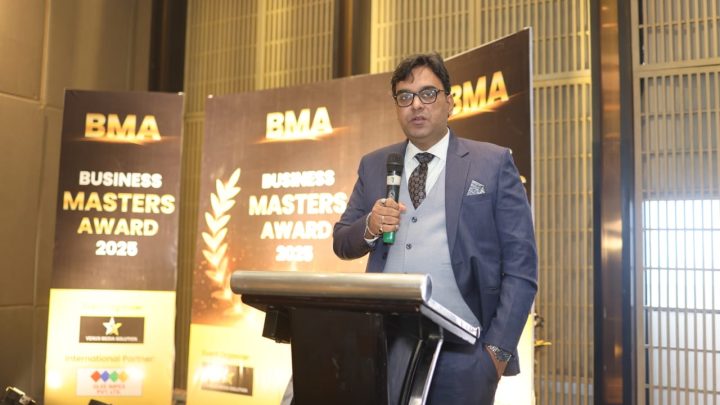
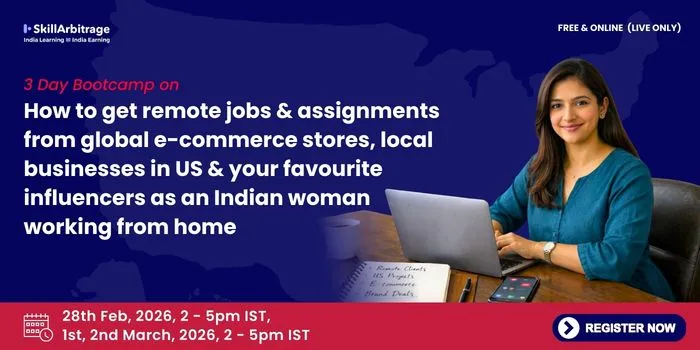
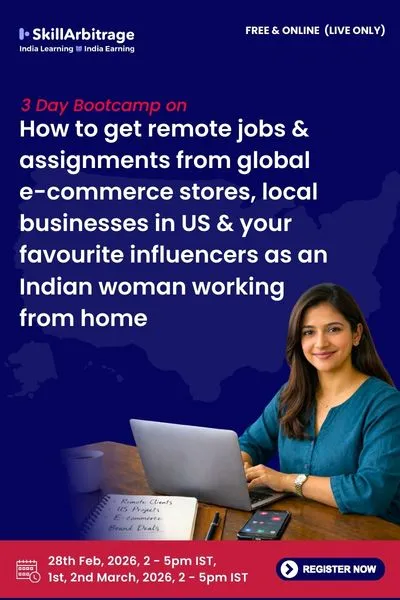

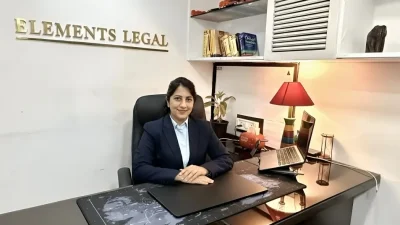


1 comment
Anik Advocate
4 months agoAkshay Goel is truly an exceptional lawyer in Delhi! This article offers profound insights and comprehensive details that showcase his expertise. It certainly deserves to be highlighted. Wishing you continued success!